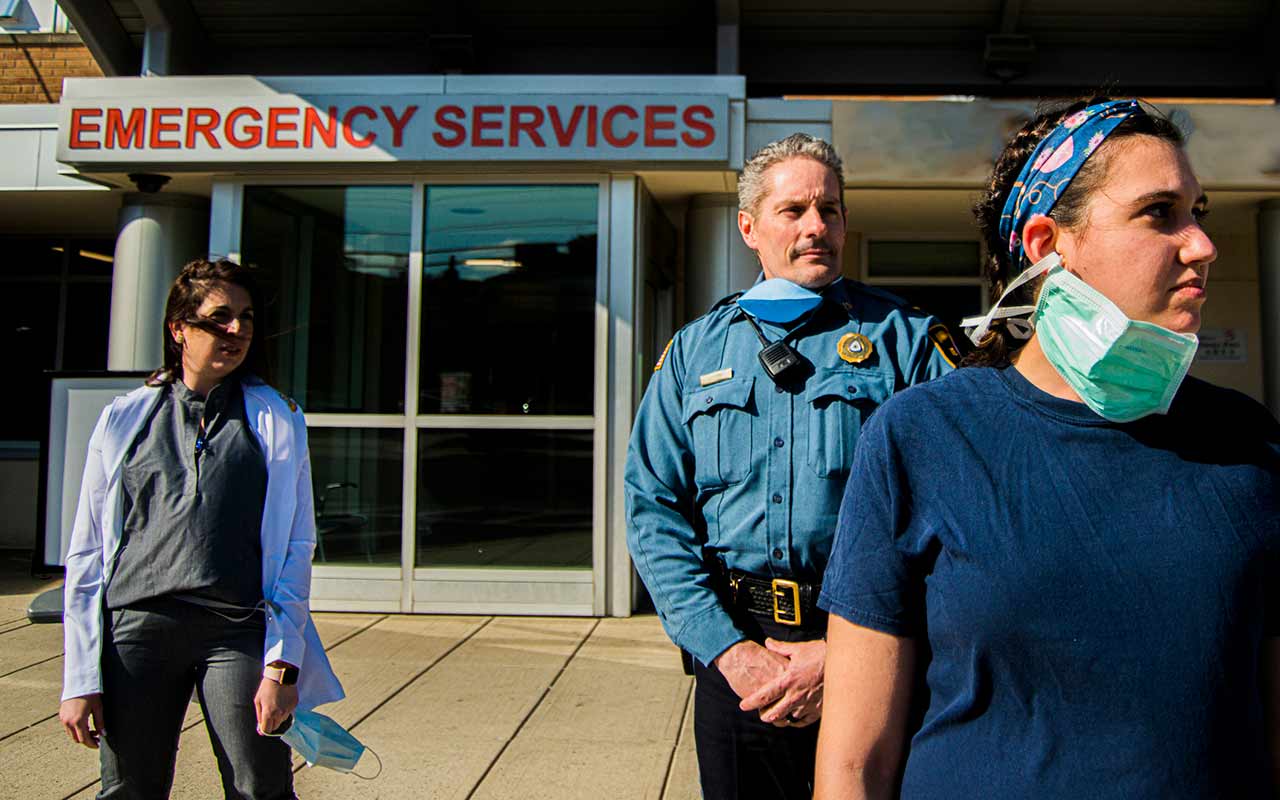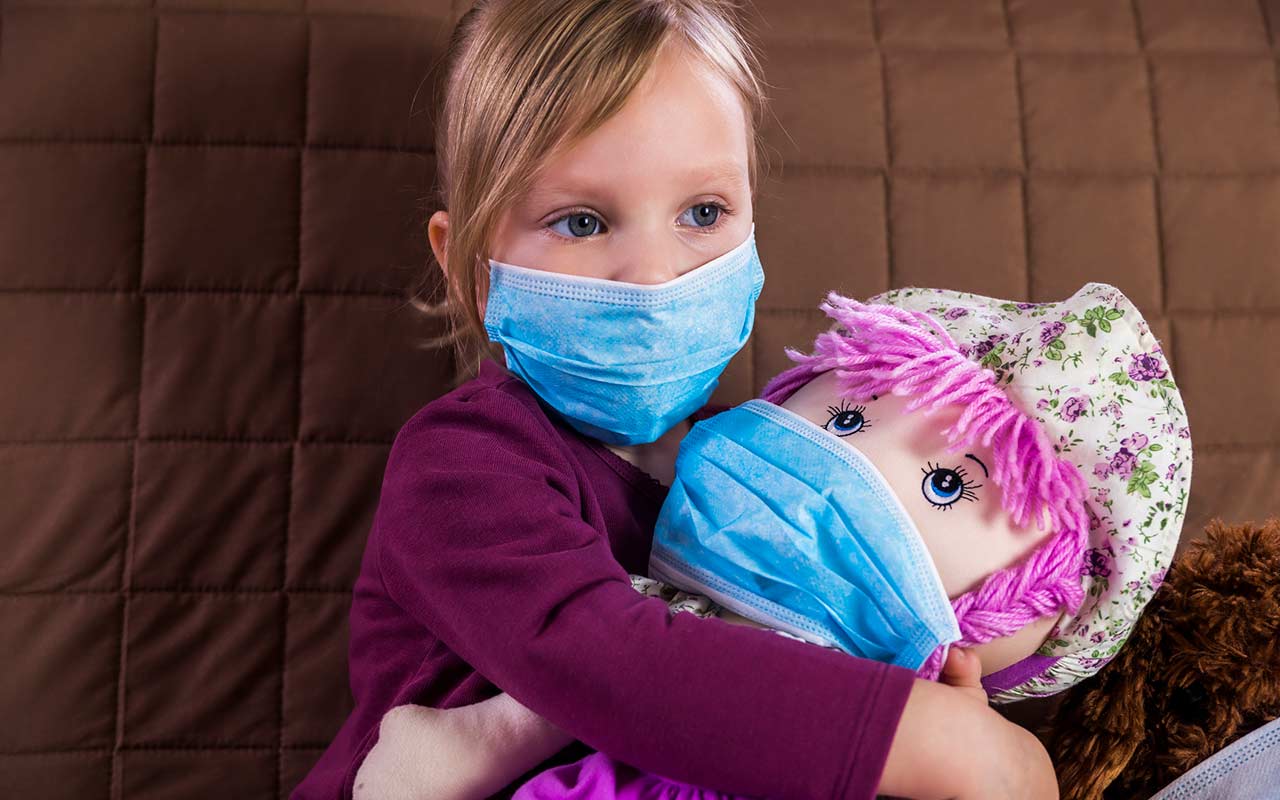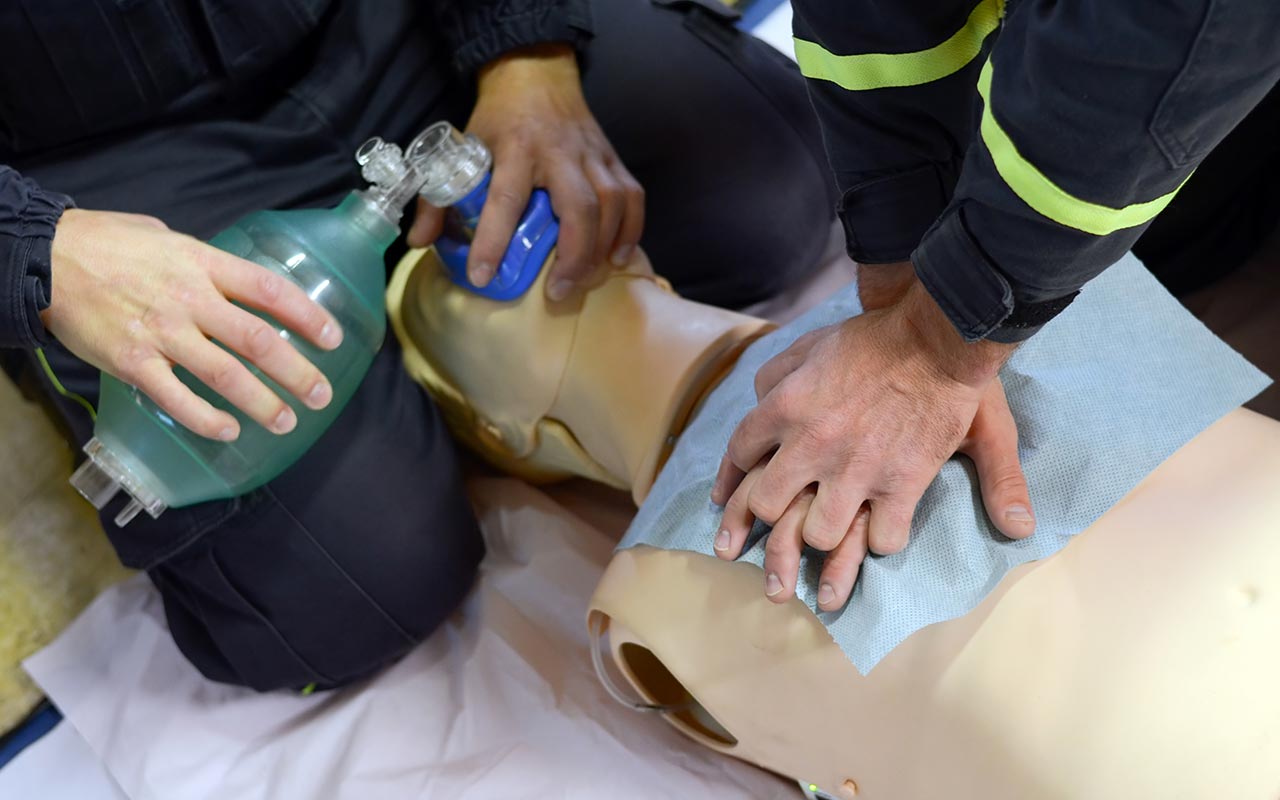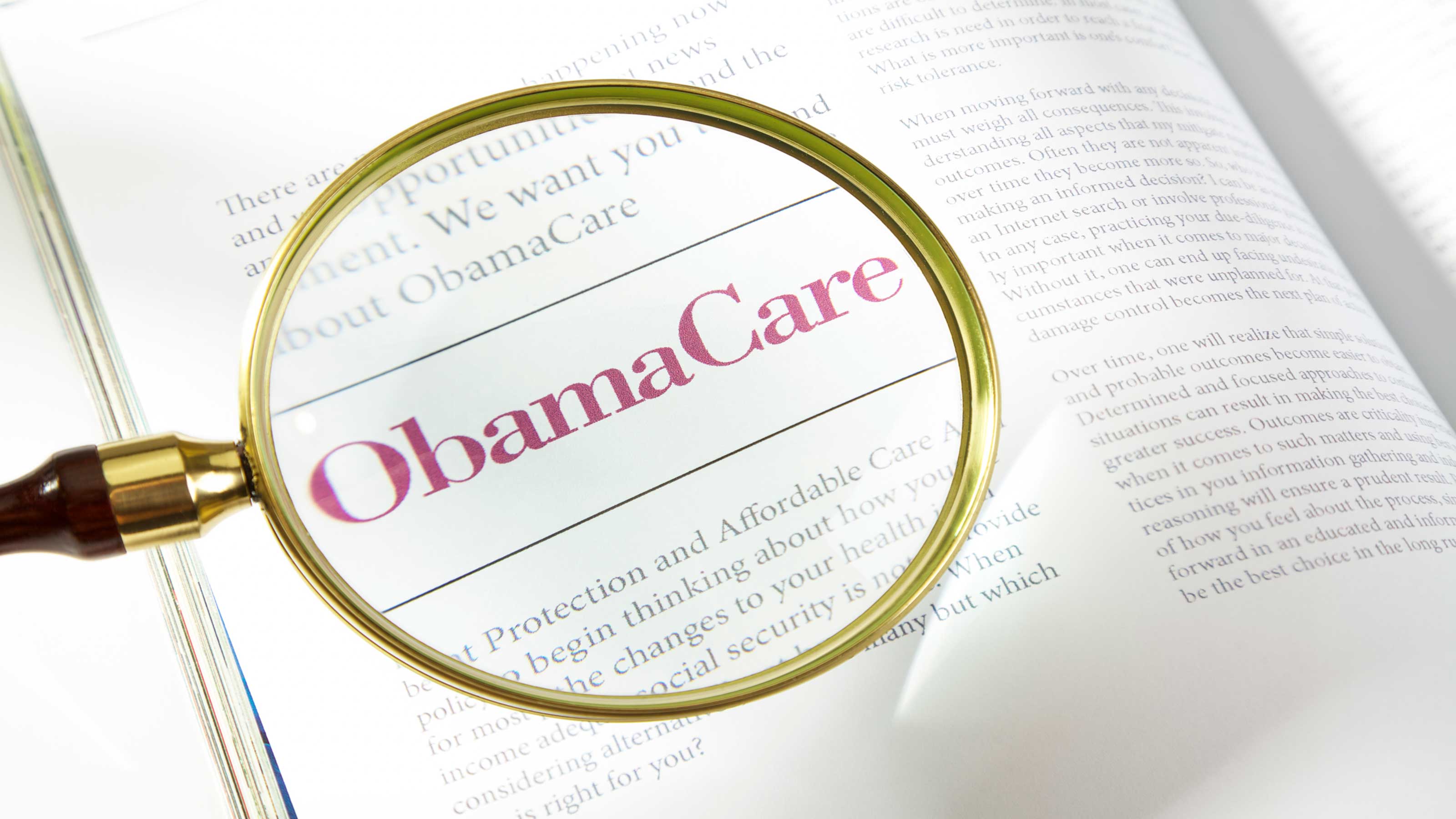
Profit and prosper with the best of Kiplinger's advice on investing, taxes, retirement, personal finance and much more. Delivered daily. Enter your email in the box and click Sign Me Up.
You are now subscribed
Your newsletter sign-up was successful
Want to add more newsletters?

Delivered daily
Kiplinger Today
Profit and prosper with the best of Kiplinger's advice on investing, taxes, retirement, personal finance and much more delivered daily. Smart money moves start here.

Sent five days a week
Kiplinger A Step Ahead
Get practical help to make better financial decisions in your everyday life, from spending to savings on top deals.

Delivered daily
Kiplinger Closing Bell
Get today's biggest financial and investing headlines delivered to your inbox every day the U.S. stock market is open.

Sent twice a week
Kiplinger Adviser Intel
Financial pros across the country share best practices and fresh tactics to preserve and grow your wealth.

Delivered weekly
Kiplinger Tax Tips
Trim your federal and state tax bills with practical tax-planning and tax-cutting strategies.

Sent twice a week
Kiplinger Retirement Tips
Your twice-a-week guide to planning and enjoying a financially secure and richly rewarding retirement

Sent bimonthly.
Kiplinger Adviser Angle
Insights for advisers, wealth managers and other financial professionals.

Sent twice a week
Kiplinger Investing Weekly
Your twice-a-week roundup of promising stocks, funds, companies and industries you should consider, ones you should avoid, and why.

Sent weekly for six weeks
Kiplinger Invest for Retirement
Your step-by-step six-part series on how to invest for retirement, from devising a successful strategy to exactly which investments to choose.
While the latest stimulus bill being batted around Congress, the Health and Economic Omnibus Emergency Solutions (HEROES) Act, is stalled in the Republican-controlled Senate, the real heroes battling coronavirus on the front lines continue to fight the good fight.
And it’s here where inaction -- on the bill, which was passed by the Democratic-controlled House of Representative -- so far fails the health care workers and first responders (law enforcement officers, firefighters, paramedics, and emergency medical technicians) it is designed, in part, to help. But just how is the $3 trillion HEROES Act planning to benefit the front-line fighters? Part of the bill includes a $200 billion Heroes’ fund “to ensure that essential workers who have risked their lives working during the pandemic receive hazard pay.”
I have skin in this game. My daughter is a registered nurse whose job, in part, includes taking the temperature of anyone coming to the emergency room at the hospital where she works. So you can be darn sure I’m keeping an eye on the HEROES Act for my hero, and other health care workers and first responders. Here’s some of what the HEROES Act offers them.

Bonus Pay for Health Care Workers, First Responders
Health care workers and first responders, including police and firefighters among essential workers, would be eligible for $13-per-hour pay bumps up to $10,000 (on top of their regular salary) as part of the HEROES Act. The pay would be retroactive to January 27, when the COVID-19 public health emergency was declared, until 60 days after the end of the emergency.
The employer would apply for the grants from the federal government to cover the pandemic premium pay for essential workers. The employees would see a separate line item on their paycheck showing this pandemic premium pay. Your boss would not be allowed to reduce any other pay or benefits because of this. The retroactive pandemic premium pay would come in a lump sum soon after your employer gets the grant. Oh, and yes: it would be taxable.

Child Care Assistance for Health Care and Emergency Services Workers
Included in the HEROES Act is $850 million going to the states to assist essential workers, including health care workers and emergency response workers, for child and adult care help, beginning January 21 of this year. Individual states would decide how the extra funding works; they could directly pay child care (as well as adult care) providers or reimburse workers directly if they pay for care themselves.

More Health Care Jobs with Student Loan Payoffs
Looking for a job in the healthcare industry without the unbearable weight of student loans? The HEROES Act has a path. Included in the bill is the Public Health Workforce Loan Repayment Program, structured to “assure an adequate supply of and encourage recruitment of public health professionals to eliminate critical public health workforce shortages in local, state, territorial, and tribal public health agencies.”
Participants in the program must be accepted into an accredited educational institution or in the final semester of a program leading to a public health degree (health professions degree or certificate or a degree in computer science, information science, information systems, information technology or statistics). Once they accept employment with a public health agency and sign a contract to work there for two years or more, the Public Health Workforce Loan Repayment Program will pay off their student loans up to $35,000 per year of contracted service.
Bonus: Those who have worked in the public health workforce for the last 10 years are also eligible to have their student loans paid off through the Public Health Workforce Loan Repayment Program.

Disability (and Death) Benefits for Public Safety Officers
Included in the HEROES Act are disability and death benefits for public safety officers affected by COVID-19 while on active duty. Benefits would apply to public safety officers diagnosed with COVID-19 from January 20, 2020, until one year after the coronavirus emergency period is declared over.

Aid for Firefighters through FEMA
The HEROES Act includes $1.3 billion for the Federal Emergency Management Agency to prevent, prepare for and respond to the coronavirus. Included in that is $500 million to purchase personal protective equipment and related supplies, mental health evaluations, training and decontamination or sanitizing facilities and equipment for firefighters. There’s also $500 million for hiring and retaining firefighters.


Tax Deduction for First Responders
Under the HEROES Act, first responders would be able to take a $500 “above-the-line” tax deduction for unreimbursed expenses for tuition and fees related to professional development or training, or for the cost of uniforms. An "above-the-line" deduction means a deduction you can claim even if you don't itemize.

Profit and prosper with the best of Kiplinger's advice on investing, taxes, retirement, personal finance and much more. Delivered daily. Enter your email in the box and click Sign Me Up.

Bob was Senior Editor at Kiplinger.com for seven years and is now a contributor to the website. He has more than 40 years of experience in online, print and visual journalism. Bob has worked as an award-winning writer and editor in the Washington, D.C., market as well as at news organizations in New York, Michigan and California. Bob joined Kiplinger in 2016, bringing a wealth of expertise covering retail, entertainment, and money-saving trends and topics. He was one of the first journalists at a daily news organization to aggressively cover retail as a specialty and has been lauded in the retail industry for his expertise. Bob has also been an adjunct and associate professor of print, online and visual journalism at Syracuse University and Ithaca College. He has a master’s degree from Syracuse University’s S.I. Newhouse School of Public Communications and a bachelor’s degree in communications and theater from Hope College.
-
 Farmers Brace for Another Rough Year
Farmers Brace for Another Rough YearThe Kiplinger Letter The agriculture sector has been plagued by low commodity prices and is facing an uncertain trade outlook.
-
 Nasdaq Leads a Rocky Risk-On Rally: Stock Market Today
Nasdaq Leads a Rocky Risk-On Rally: Stock Market TodayPresident Trump said he will decide within the next 10 days whether or not the U.S. will launch military strikes against Iran.
-
 Over 65? Here's What the New $6K Senior Tax Deduction Means for Medicare IRMAA
Over 65? Here's What the New $6K Senior Tax Deduction Means for Medicare IRMAATax Breaks A new tax deduction for people over age 65 has some thinking about Medicare premiums and MAGI strategy.
-
 Banks Are Sounding the Alarm About Stablecoins
Banks Are Sounding the Alarm About StablecoinsThe Kiplinger Letter The banking industry says stablecoins could have a negative impact on lending.
-
 Tax Rule Change Could See Millions Lose Health Insurance
Tax Rule Change Could See Millions Lose Health InsuranceThe Kiplinger Tax Letter If current rules for the health premium tax credit (PTC), a popular Obamacare subsidy, aren't extended, 3.7 million people could lose their health insurance.
-
 What to Do With Your Tax Refund: 6 Ways to Bring Growth
What to Do With Your Tax Refund: 6 Ways to Bring GrowthUse your 2024 tax refund to boost short-term or long-term financial goals by putting it in one of these six places.
-
 What Does Medicare Not Cover? Eight Things You Should Know
What Does Medicare Not Cover? Eight Things You Should KnowMedicare Part A and Part B leave gaps in your healthcare coverage. But Medicare Advantage has problems, too.
-
 15 Reasons You'll Regret an RV in Retirement
15 Reasons You'll Regret an RV in RetirementMaking Your Money Last Here's why you might regret an RV in retirement. RV-savvy retirees talk about the downsides of spending retirement in a motorhome, travel trailer, fifth wheel, or other recreational vehicle.
-
 The Six Best Places to Retire in New England
The Six Best Places to Retire in New Englandplaces to live Thinking about a move to New England for retirement? Here are the best places to land for quality of life, affordability and other criteria.
-
 The 10 Cheapest Countries to Visit
The 10 Cheapest Countries to VisitWe find the 10 cheapest countries to visit around the world. Forget inflation and set your sights on your next vacation.
-
 15 Ways to Prepare Your Home for Winter
15 Ways to Prepare Your Home for Winterhome There are many ways to prepare your home for winter, which will help keep you safe and warm and save on housing and utility costs.

